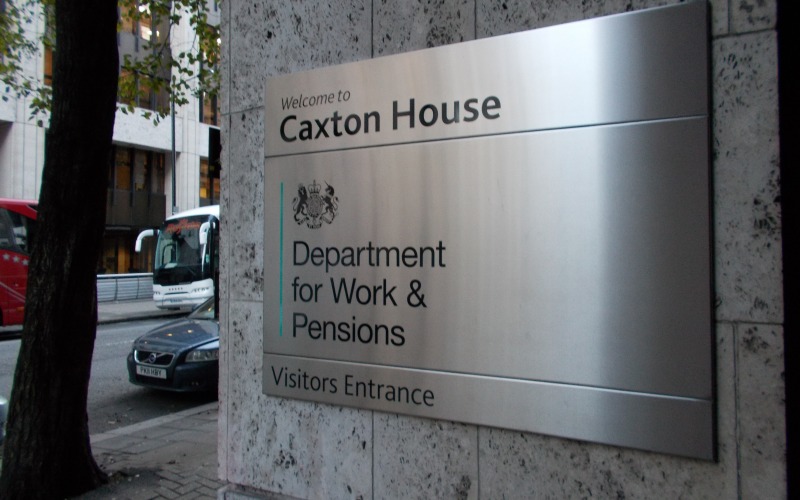About 900,000 disabled people will see their weekly incomes fall by at least £50 a week by 2020, because of the continuing impact of the government’s welfare reforms, according to new research.
The research by the consultancy Policy in Practice found that, of 7.2 million working-age, low-income households, more than two-fifths of those containing a working-age disabled person would lose at least £50 a week, compared with November 2016.
The report, The Cumulative Impact Of Welfare Reform: A National Picture, says the impact of measures introduced after November 2016 will see the average low-income household containing a working-age disabled person lose £51.47 a week by 2020, compared with an average loss of £35.82 for households not containing a disabled person.
This will come on top of an average weekly loss of more than £20 for low-income households containing a working-age disabled person as a result of welfare reforms introduced pre-November 2016 – such as the benefit cap, cuts to housing benefit and the bedroom tax – although this figure does not take account of rising living costs.
More than a fifth of low-income households containing a working-age disabled person will lose between £20 and £50 a week by 2020, more than a quarter will lose less than £20 and just 8.6 per cent will be better off, according to the analysis.
The research looks at the impact of the continued roll-out of universal credit, and other reforms such as reducing employment and support allowance payments to new claimants placed in the work-related activity group by nearly £30 a week, the continued freezing of most benefit rates, and cuts to housing benefit, as well as expected inflation and rent increases.
The figures calculated in the report take account of the impact of mitigating measures introduced by the government, such as the introduction of the national living wage and increases to the personal tax allowance.
The research is particularly significant because the founder of Policy in Practice, Deven Ghelani, helped develop universal credit when he was at Iain Duncan Smith’s Centre for Social Justice.
The report, prepared on behalf of the Local Government Association, warns that the losses to income affecting disabled people, as well as the impact on families with children, will further increase the pressure on “already stretched” local authority support services.
It calls for the government to ensure there is adequate local support, funded by central government, and that this should be focused on households with disabled members and on families.
And it warns that housing is becoming increasingly unaffordable for those in the private rented sector.
A DWP spokeswoman said: “This report assumes that people won’t make any attempt to change and improve their lives.
“But our welfare reforms incentivise work and, for the first time, universal credit helps working people progress and earn more, so they can eventually stop claiming benefits altogether.
“Under universal credit, people are finding a job faster and staying in it longer than under the old system, and since the benefit cap was introduced, 34,000 households have moved off the cap and into work.”
No-one moving onto universal credit from existing benefits or tax credits will lose out in cash terms, although this does not apply if and when their circumstances change.

 Sunak’s ‘chilling, threatening’ speech on benefits ‘demonised disabled people’
Sunak’s ‘chilling, threatening’ speech on benefits ‘demonised disabled people’ DWP claims it has no written evidence to show why it weakened suicide probe guidance
DWP claims it has no written evidence to show why it weakened suicide probe guidance ‘Dangerous’ rollout of universal credit ‘poses threat’ to disabled claimants
‘Dangerous’ rollout of universal credit ‘poses threat’ to disabled claimants